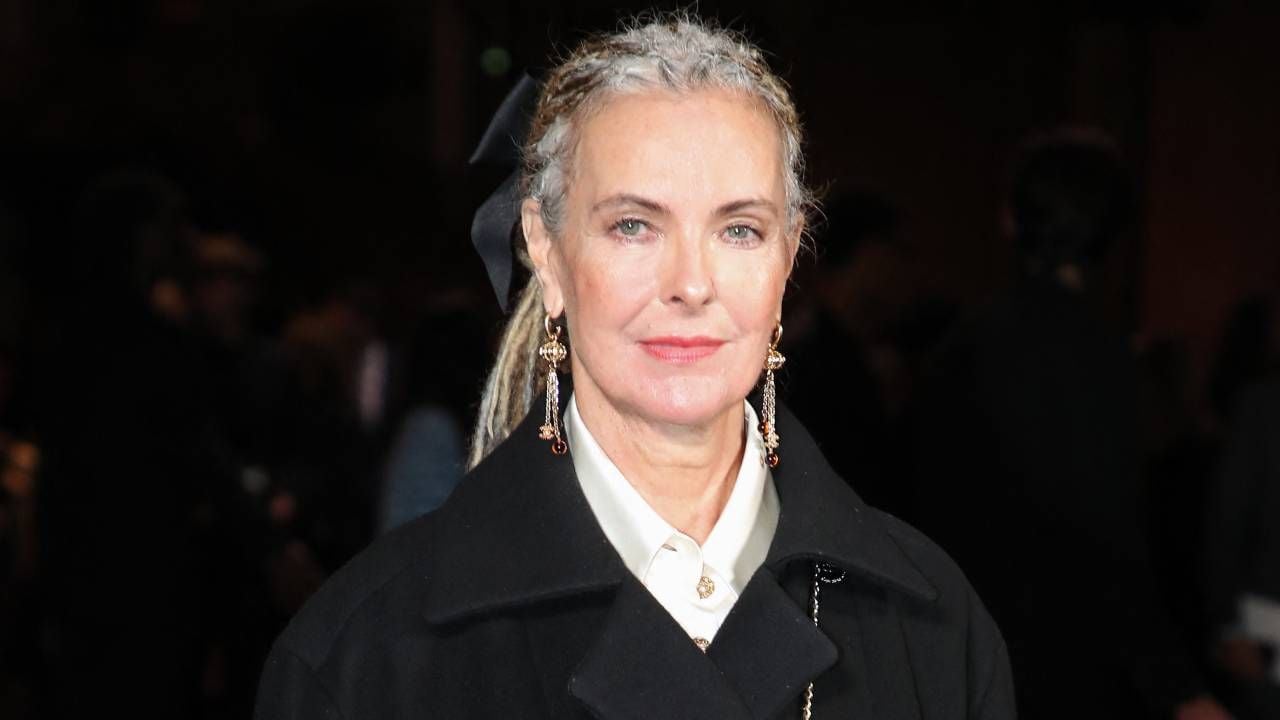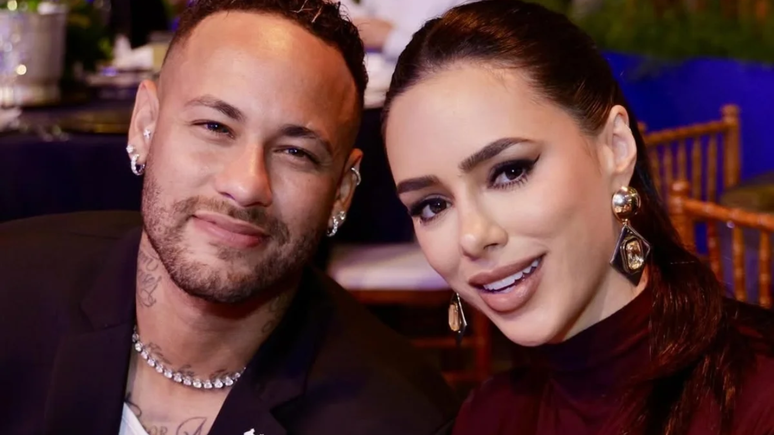Senator Vanderlan Cardoso, chairman of the Senate Economic Affairs Committee (CAE), said Tuesday he believes there is no room for tax reform to pass this year, going against the government’s optimism to quickly change the consumption tax system to help stimulate economic growth.
In an interview with Reuters, Cardoso said the feeling that tax reform still needs a lot of discussion to address state fears is shared by colleagues in his Social Democratic Party (PSD), which holds the largest number of seats in the Senate.
“I don’t see the mood today to approve,” he said. “It’s very complex and I think (for) this year they (the government) are very optimistic,” he added, after Finance Minister Fernando Haddad’s estimates that Congress could fully approve the text by October.
The proposed change in the consumer tax system aims to tax products at destination and not at origin, which would disproportionately hurt less developed states with smaller populations, which are the majority in the Senate, the Senator said.
Cardoso also said that the government has recognized the need to compensate these states, but “doesn’t know how”, a point that tends to block the approval of the reform, as well as the tax increase for the services sector, which has not the possibility of deducting taxes along the entire production chain such as industry.
After the EWC approved an invitation to a hearing with the president of the central bank, Roberto Campos Neto on Tuesday, April 4, the senator said that all sectors are very concerned about the level of the base rate, which remains at highest in the last six years, at 13.75%, since September.
Cardoso said the recent collapse of Bank of Silicon Valley (SVB) and Signature Bank in the US could help kick-start monetary easing in the country.
“Interest rates in the United States have gone up too much, which has hurt these banks,” the senator said. “Maybe it will also contribute to a drop in interest rates in Brazil, because interest rates are high. If not, soon the cascading effect will be in many countries and even in Brazil.”
“There is fear of a stagnation of the economy, of a recession, we don’t want that. We also don’t want an increase in inflation, so everything has to be done very responsibly and based on the numbers.”
Since taking office in January, President Luiz Inacio Lula da Silva has repeatedly criticized the central bank for keeping interest rates at levels he says hinder economic growth, even as inflation is fading. His stance and that of ministers and political allies have helped to bend the yield curve and worsen inflation expectations.
“If there hadn’t been all the conflict in the beginning, perhaps the interest rate would have already come down,” Cardoso said, noting that he believes this confrontation has cooled off, with “major players looking for an avenue for dialogue.”
Cardoso noted that the government is seeking consensus for two positions of director of the central bank, the appointment of which depends on Lula, but which will subsequently have to be approved by the EWC.
“I see no difficulty in approving the names that will be presented. As far as I know, there is a dialogue in relation to the names,” he said, adding that the commission will analyze them as soon as they are presented by Lula.
Source: Terra
Rose James is a Gossipify movie and series reviewer known for her in-depth analysis and unique perspective on the latest releases. With a background in film studies, she provides engaging and informative reviews, and keeps readers up to date with industry trends and emerging talents.







